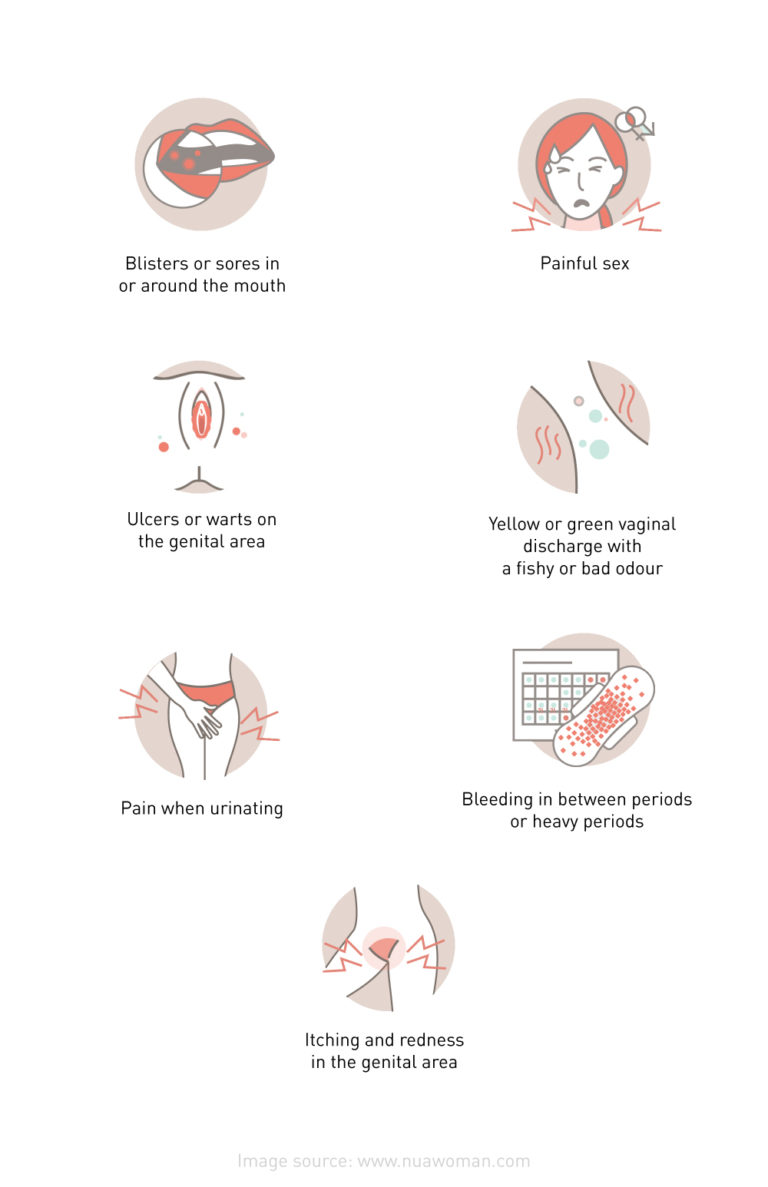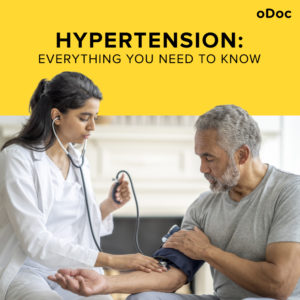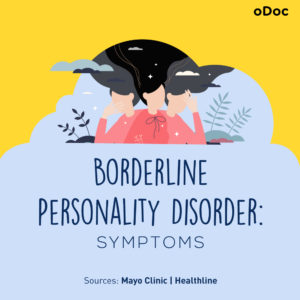
How to Keep Work Stress from Taking Over Your Life
How to Keep Work Stress from Taking Over Your Life In today’s fast-paced and competitive world, work stress has become an all-too-common problem that affects
Let us guess. You got caught up in the moment and now you’re thinking you caught STDs. We are going to stop you right there and ask you this question.
What makes you think that you have an STD for sure?
There’s only one way to know: By getting tested for STDs.
Before you panic and decide to get tested, you need to know what STD means. For starters, it means Sexually Transmitted Diseases and it’s NOT another word for AIDS.
To get a clear idea of what to do, it’s important to know:
This way, you know when and how to get tested for STD and to prevent it at all costs.
The sexually transmitted diseases mainly spread through unprotected oral, vaginal and anal sex. Other cases include:
The majority of the above involve unprotected sex. This makes the sexually-transmitted diseases quite common.
QUICK FACTS
In Sri Lanka, in 2021 more than 250 HIV cases were found. And close to 6500 people were diagnosed with other forms of STIs.
The most common STDs are genital herpes, genital warts, gonorrhea and chlamydia. [We know these names may sound like Greek but we are about to simplify them.]
Caution: The World Bank claims that only 10-15% of STI cases are reported by government clinics.
Reason: Some ignore, others simply don’t know because the symptoms don’t always show until it’s too late.
There are a few things to watch out for, especially after having unprotected sex.
Common STD symptoms
Remember, usually STD patients show no symptoms so getting tested every 6 months is the way forward. This way, you can detect the infection at an early curable stage.
On that note…

Well, not all of them but it’s not all doom and gloom as you imagine. Here’s the breakdown of a few:
Incurable STDs
Genital Herpes:
Symptoms: Painful discharge and sores/blisters around genital parts.
Cure: This is a life-long infection. However, regular treatment and counseling can help lead a normal life.
HIV:
Symptoms: Mouth ulcers, weight loss, vomiting, swollen lymph nodes and all the effects of a weak immune system. This can lead to serious infections, cancers and the globally-hated condition called AIDS and that can be life-threatening.
Cure: There is no cure. But thanks to science and discovery, we now have treatments that control this infection and help patients lead a healthy, normal life. Earlier the detection, easier this is.

Curable STDs
Syphillis:
Symptoms: Early stages include severe sores and rashes. If undetected, it can bring more serious health problems. For instance, tumors, blindness, brain system damage or even death.
Cure: This is very easy to cure at the early stage.
Gonorrhea:
Symptoms: Anal itching, pus-like discharge and blood spotting from the rectum, eye pain, sore throats, swollen joints.
Cure: There is medicine to treat the infection.
Genital Warts:
Symptoms: The appearance of cauliflower-like bumps on the genitals.
Cure: Your doctor will prescribe medications and/or surgery to remove and cure warts.
Genital Candidiasis:
Symptoms: Vaginal discomfort and painful sex.
Cure: There are both oral and topical medications to treat this.
Special note: This is not an STD because this is primarily caused by yeast infection. However, sexual partners can also pass it to you. And this is quite common in Sri Lanka with over 1000 people diagnosed in 2021.
Conclusion: Get tested early as possible.
Is anyone easily at risk of STDs?
Belonging to one of the below categories, gives another reason to get tested regularly.
By now, you should have an idea of when to get tested. Now it’s time to ask ourselves this question

1.Visit the National STD and AIDS Control Programme.
2. Visit the STD Clinic by Colombo South Teaching Hospital.
3.Visit the Family Planning Association.
Note: We advise not to self-assess and take any of the tests. The first step is to consult a professional and let them direct you to the next steps.
This takes a few minutes and if only needed you will be asked to come in for a physical examination.
What to expect when you get tested?
Good luck, you got this! Whatever it is, it will be okay.
FAQs
Okay, so what happens if you get diagnosed with an STD?
Will an STD cure on its own?
No, it doesn’t. By ignoring symptoms and regular health check, you are putting both yours and your partner’s health in danger.
Are there any vaccines available to prevent this?
Yes, HIV negative partners can take Pre- exposure prophylaxis (PrRP) and Post Exposure Prophylaxis after Sexual Exposures. (PEPSE). For STI prevention, doctors prescribe Hepatitis B and HPV vaccination. BUT, this is only recommended under the doctors’ guidance.
IMPORTANT: If you had unprotected sex or got exposed to any STI-related infection, don’t try to self-diagnose, waste money on self-testing kits and go down the rabbit hole on the internet. Instead, get yourself to a doctor or clinic immediately. The easiest way? Download oDoc now!
Sources

How to Keep Work Stress from Taking Over Your Life In today’s fast-paced and competitive world, work stress has become an all-too-common problem that affects

Hypertension: Everything You Need to Know Hypertension, commonly known as high blood pressure, is a chronic medical condition that affects a significant portion of the

Understanding Borderline Personality Disorder: Symptoms, Causes, and Treatment. Borderline Personality Disorder (BPD) is a mental health disorder characterised by instability in mood, behaviour, and relationships.
இப்போது மருத்துவ குறிப்புகளை உடனுக்குடன் உங்கள் இன்பாக்ஸ் இல் பெற்றுக்கொள்ளுங்கள்.